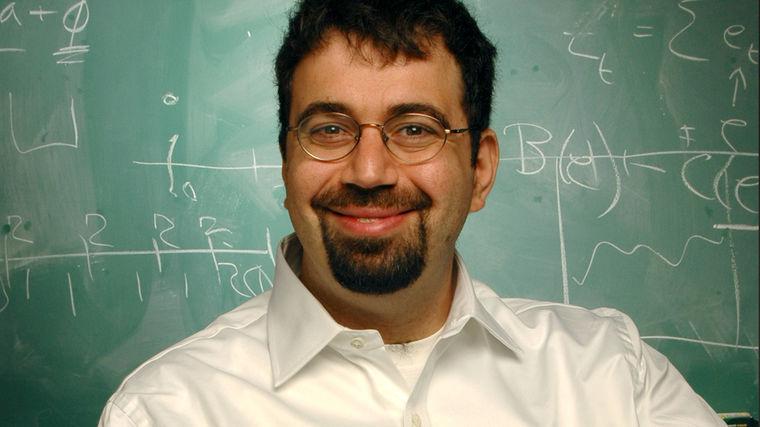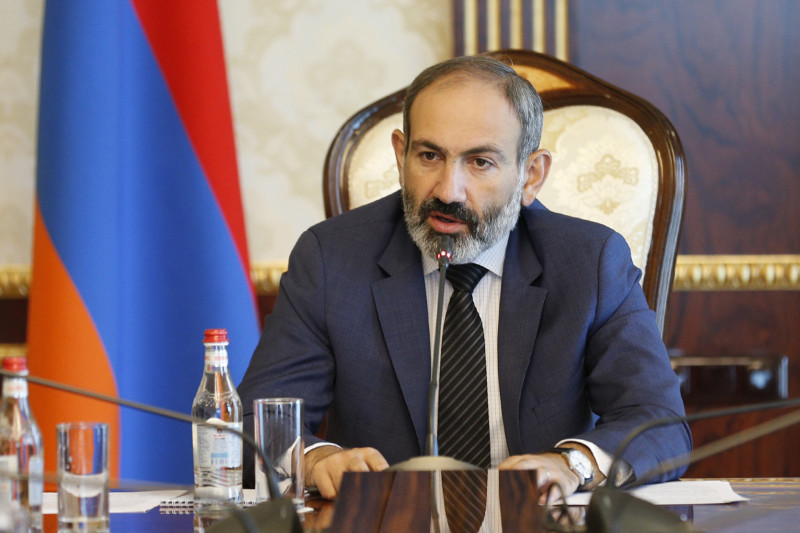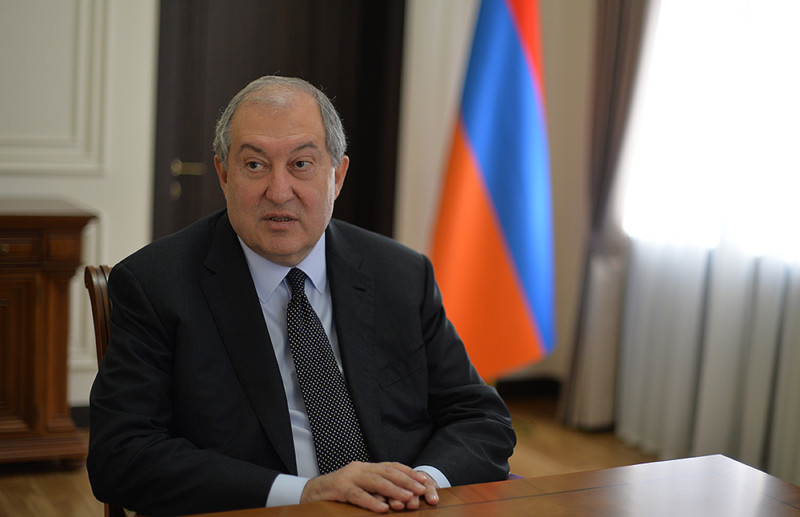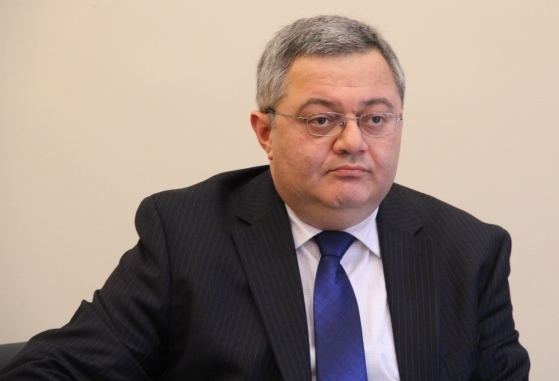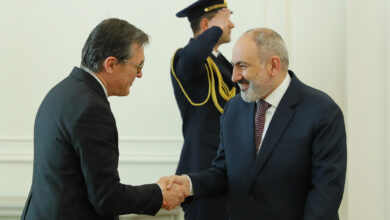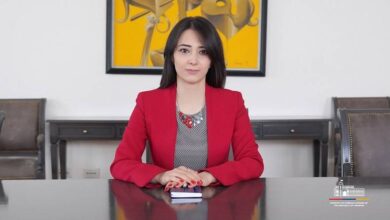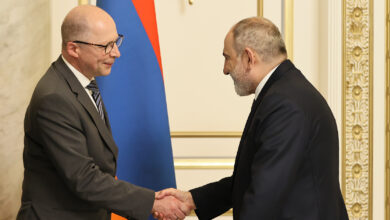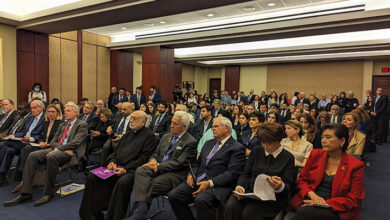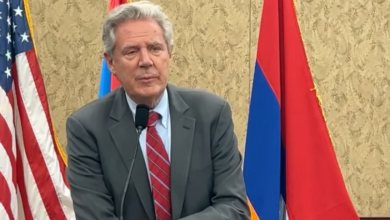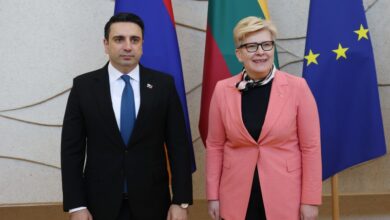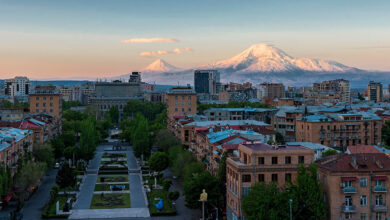
After the “velvet revolution” many in Armenia expect renowned economist Daron Acemoglu to propose a way for development of the the country’s economy. A discussion on “Armenia Tomorrow: Citizen Diplomacy at Work” organized by the USC Institute of Armenian Studies brought together a dozen of experts from Armenia and around the world to share their expert opinions on the current events in Armenia and answer timely pressing questions.
No blueprint for change
While Daron Acemoglu, Professor of Economics at MIT, is willing to provide advise, he says can’t draw a blueprint for the process of change.
“I would be happy to do whatever I can because this is a historical opportunity for Armenia. This is really what we all have wanted to see, and I cannot imagine a better beginning as the first chapter of a new era. What I can do is only advisory, and there is no blueprint. If it was a bridge or dam, I could draw the blueprint and say this is how you should do it, Acemoglu said in an interview with Salpi Ghazarian, director of the USC Institute of Armenian Studies. Unfortunately, he added, social change does not work that way.
“Unless you understand the details of the conflicts within the society, unless you understand how the corruption, media manipulating, exploitation, vote buying, patronage work, an outsider like me cannot come up with the right compromises and the rights strategies and the right tactic for dealing with the process of institutional change. I’m happy to share what I know, because in this exciting time this is the least I can do, but I think that at the end of the day it is the Armenian people that need to step up, not the Prime Minister, not the MPs, not the bureaucrats and judges, certainly not me and not the Diaspora. It’s the Armenian people, the youth, people that have been silent and sidelined for so long, they are getting involved in politics,” the economist said.
He described the transition in Armenia as a “turning point,” but added that “there is no blueprint for any country to follow.” According to Acemoglu, change has two legs.
“The first leg is that you need to have a peaceful political transition, meaning that you actually require that there is a beginning of a process of political change and that it does not spin out of control, turning into a huge civil war, a mortal combat between different factions. Armenia miraculously managed that. We are in the midst of a process of political change, at least temporarily the old guards are out, new faces, new blood, new perspective are here, and more importantly there is a broad enthusiasm in the society, civil society, government, business, Diaspora that we need change, and this is the right time for it. This is an amazingly fortuitous set of conditions for us to get going,” Acemoglu noted.
He added, however, that the second leg of this process is no easier. He emphasized the need to create a system, in which there is a level playing field, there are incentives, there are opportunities and people are encouraged to participate productively in the economic and social environment of the country.
“We know that this requires us to get rid of the corrupt elite, it requires us to bring new institutional elements so that the new system doesn’t turn into one in which other individuals, other groups become the beneficiaries of corruption,” Acemoglu added.
He stressed the need to keep on building human capital, and exploit the good beginning. “Instead of trying to find ways of punishing your opponents or even people who were corrupt previously, just look into the future. The point is not to get revenge against opponents, but to found an institutional backbone so that the same things don’t happen again. This applies not only to the political realm, it applies to the judiciary, the bureaucracy, as well,” the economist stressed.
Daron Acemoglu attached importance to carrying out fundamental judicial reforms. “That does not mean you have to fire everybody. You have to change the rules of the game, perhaps encourage retirement, so that the worst offenders, who are political appointees retire and new blood comes in. It can happen very quickly and that’s the real dilemma, you cannot fire 5,000 judges and prosecutors and bring new ones. We have an inspiring Prime Minister, but the worst thing that Armenia can do is create no institutionalized structure for the leader, for the executive to govern. So, the way to deal with the change is to create an institutional foundation, create political organizations, parties, civil society organizations that are going to get involved in politics.”
Government as guarantor of people’s institutional power
Armenia’s Prime Minister Nikol Pashinyan, who joined the discussion via Skype, the meaning of existence of the Republic of Armenia is to concentrate the Armenians’ social, economic, financial, scientific potential or most of it on its territory and ensure the security and normal development of that potential.
“Our task is to stop and turn back the millennial wheel of our people’s migration, to make Armenia a state aimed at preserving the potential of Armenians and ensuring their normal activity. To achieve this goal we should ensure that the citizen of Armenia becomes the highest authority. This must be the cornerstone of Armenia’s future”, PM Pashinyan said.
He added that becoming a guarantor of people’s institutional power is the ultimate priority of the government. The Prime minister noted that after the recent changes there are no problems with the engagement of citizens in political processes and added that the most important for citizens is to fight for their rights.
Armenia’s “velvet revolution” as trademark
President Armen Sarkissian, in turn, says that Armenia is a small country, but a global nation.
“I think we, as Armenians, must be proud of what we achieved in April-May 2018. Of course, this creates great expectations throughout the world, not only among young Armenians. But it first of all makes the young Armenians believe that they are the owners of this country, the owners of values, heritage and the country’s future. Secondly, the sense of being a citizen, responsible for the future is also very important”, the Armenian President said.
Armen Sarkissian says that when he was offered to be President he though he would have seven years to ensure through discussions and in an evolutionary way that citizens freely express their opinion, fight for their beliefs and be good citizens when visit election polls.
“But this happened in seven days instead of seven years,” the President noted.
Armen Sarkissian believes the Armenian-style “velvet revolution” could become a trademark in the world.
Armenians prove to be a wise nation
Ex-Speaker of the Georgian Parliament David Usupashvili said, in turn, that with the recent developments Armenians proved they are a wise nation.
“They skipped the first wave of democratic revolutions in the region – the color revolutions. They skipped the second wave of revolutions – the Arab spring. Why? In order to observe and analyze what’s right and what’s wrong in order to carry out a successful revolution,” Usupashvili said.
He pointed to three mistakes of the Georgian revolution, and urged the Armenian authorities not to repeat them.
First, he said, the revolution should not turn into a fight of bad people against good people. Instead, there should be a fight of good policies against bad policies. Second, he added, incoming authorities should have an exit strategy. Third, he believes that citizens should be the owners of the country.



